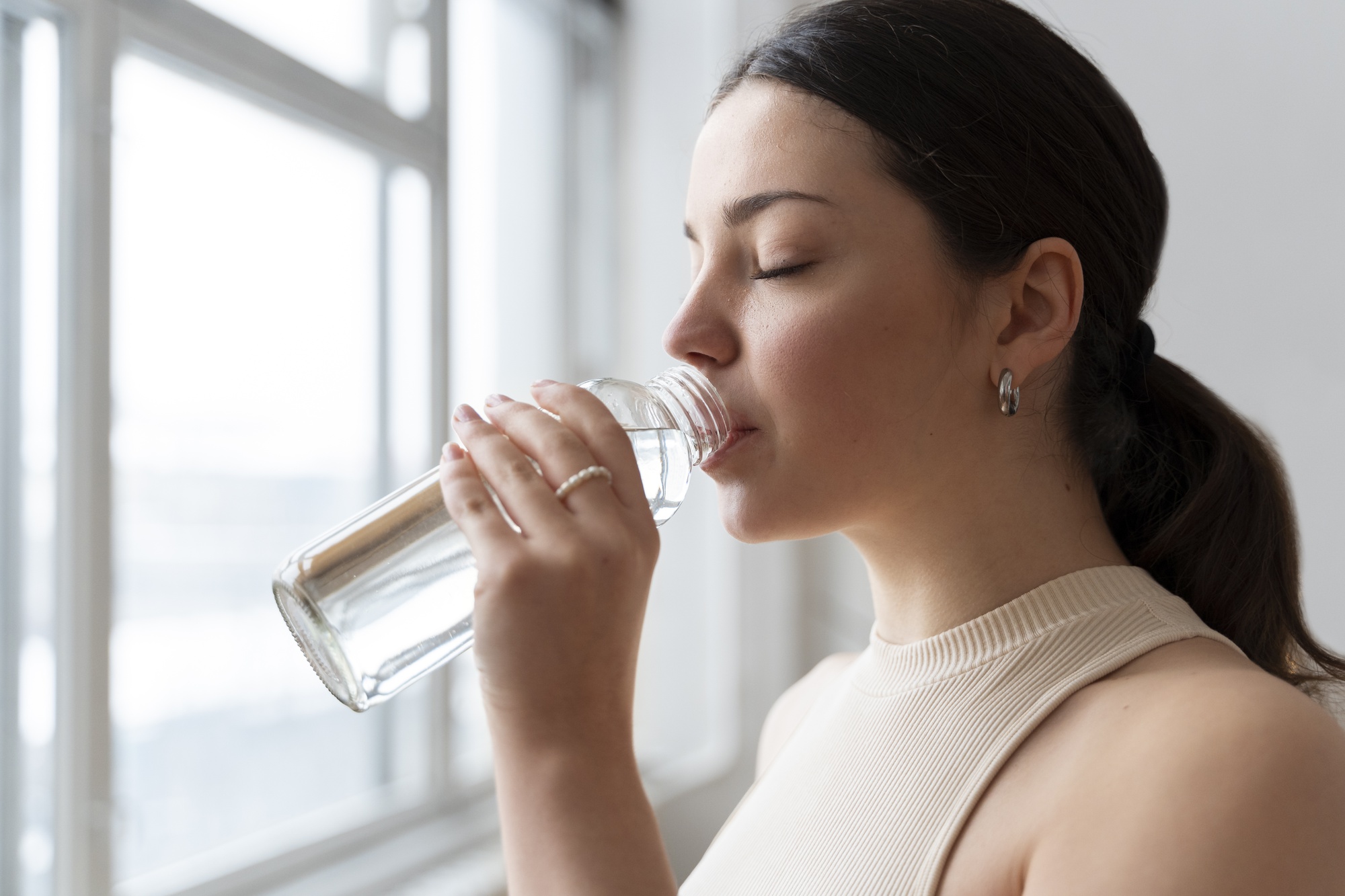Water is essential for life. It makes up a significant portion of our body and plays a crucial role in various bodily functions. Hydration, or the process of maintaining adequate water levels in the body, is vital for overall health and well-being.
The Consequences of Dehydration
Physical symptoms
Dehydration can lead to a range of physical symptoms, including dry mouth, fatigue, headache, and dizziness. In severe cases, it can cause heatstroke and even organ failure.
Cognitive effects
Lack of hydration can also affect cognitive functions such as concentration, alertness, and memory. Studies have shown that even mild dehydration can impair cognitive performance.
Factors Affecting Hydration Levels
Various factors can influence hydration levels, including environmental conditions, activity level, and individual health conditions. Hot weather, high altitude, and intense physical activity can increase the body’s water needs.
How Much Water Do You Need?
General guidelines
The recommended daily intake of water varies depending on factors such as age, sex, weight, and activity level. As a general guideline, it is often recommended to drink at least eight glasses of water per day.
Adjustments for specific circumstances
Individuals may need to adjust their water intake based on specific circumstances such as climate, exercise regimen, and health conditions. Pregnant women, breastfeeding mothers, and athletes may require more water to stay hydrated.
Signs of Dehydration
It’s essential to recognize the signs of dehydration early to prevent further complications. Common signs include thirst, dark urine, dry skin, and fatigue.
Tips for Staying Hydrated
Regular water intake
One of the simplest ways to stay hydrated is to drink water regularly throughout the day. Keeping a water bottle handy can help remind you to drink enough water.
Hydration from food
Many fruits and vegetables have high water content and can contribute to your overall hydration. Incorporating foods like watermelon, cucumber, and oranges into your diet can help maintain hydration levels.
Electrolyte balance
Electrolytes such as sodium, potassium, and magnesium are essential for maintaining proper hydration levels. Consuming electrolyte-rich foods and drinks, such as sports drinks or coconut water, can help replenish electrolytes lost through sweating.
Hydration and Exercise
Proper hydration is especially crucial during exercise to replace fluids lost through sweat. It’s essential to hydrate before, during, and after a workout to prevent dehydration and optimize performance.
Hydration for Different Age Groups
Hydration needs for children
Children have unique hydration needs, as their bodies have a higher water content and a faster metabolism. It’s essential to encourage children to drink water regularly, especially during physical activity.
Hydration for adults and seniors
As we age, our sense of thirst may decrease, making it easier to become dehydrated. Older adults should pay extra attention to their hydration levels and drink water regularly, even if they don’t feel thirsty.
Importance of Hydration in Different Environments
Hot weather hydration
In hot and humid weather, the body loses more water through sweat, increasing the risk of dehydration. It’s crucial to drink plenty of water and avoid prolonged exposure to heat to stay hydrated.
Cold weather hydration
Even in cold weather, the body loses water through respiration and sweat. It’s essential to drink water regularly and avoid excessive alcohol and caffeine consumption, which can dehydrate the body.
Hydration for Mental Performance
Hydration plays a significant role in cognitive functions such as concentration, memory, and mood regulation. Staying hydrated can help maintain mental clarity and focus throughout the day.
Hydration and Skin Health
Proper hydration is essential for maintaining healthy and glowing skin. Dehydration can lead to dryness, dullness, and premature aging of the skin. Drinking enough water and using moisturizers can help keep your skin hydrated and youthful.
Hydration and Weight Management
Drinking water can aid in weight management by promoting feelings of fullness and boosting metabolism. Staying hydrated can also prevent overeating and reduce cravings for unhealthy snacks.
Hydration and Digestive Health
Water plays a crucial role in digestion by helping dissolve nutrients and facilitating the movement of food through the digestive tract. Dehydration can lead to constipation and other digestive issues, so it’s essential to drink enough water to support proper digestion.
Popular Myths About Hydration
Debunking misconceptions
There are many myths surrounding hydration, such as the need to drink eight glasses of water a day or the idea that only water can hydrate. It’s essential to separate fact from fiction and understand the true importance of hydration for overall health.
Conclusion: Prioritizing Hydration for Overall Well-being
In conclusion, staying hydrated is essential for maintaining optimal health and well-being. By drinking enough water, eating hydrating foods, and paying attention to your body’s signals, you can ensure proper hydration and enjoy the benefits of improved physical and mental performance, radiant skin, and overall vitality.
Read More
Nourishing from Nature: The Remarkable Benefits of a Plant-Powered Lifestyle

